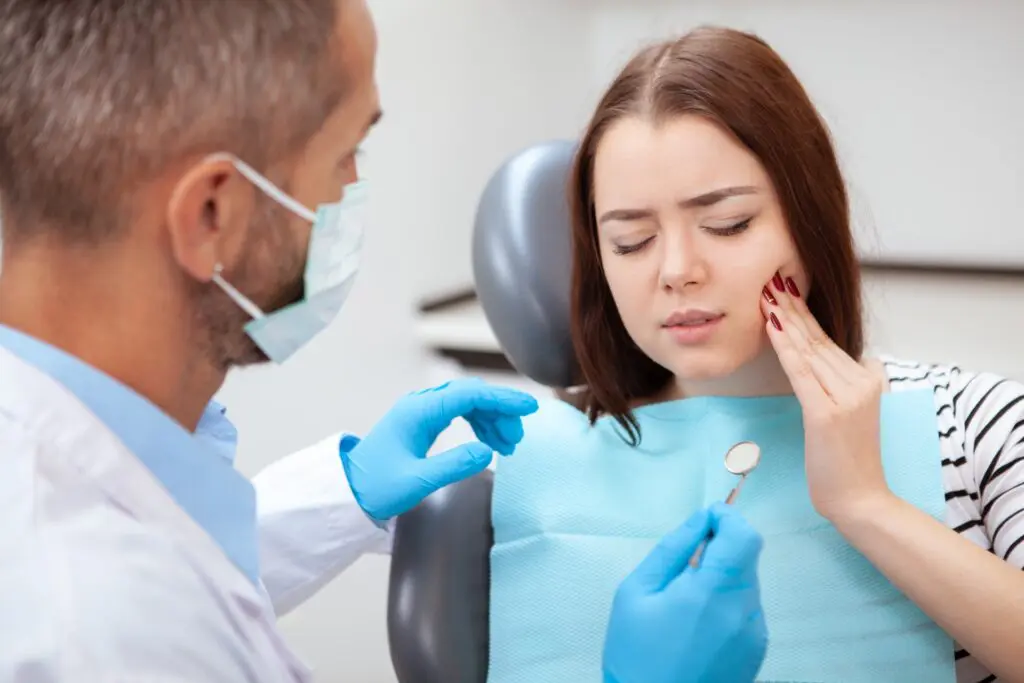
16 Mar Emergency Dentistry—What Qualifies as a Dental Emergency?
Just like how you can have physical health emergencies, you can also have oral health ones as well. In these cases, it’s important to contact your dentist for emergency dentistry as they are going to be better equipped to help you than going to the doctor.
However, this begs the question: what is a dental emergency? Usually, an emergency involves immediate help to resolve a life-threatening issue, but the line for this can be blurry for dental issues.
We break down the key times you should see a dentist for emergency dentistry below.
When to Get Emergency Dentistry for a Dental or Oral Health Emergency
When you’re not sure about whether what you’re experiencing could be considered a dental emergency, ask yourself these questions:
- Is the pain you’re experiencing severe? Are you bleeding heavily from a wound? Both are signs that you’re having a dental emergency.
- Are any teeth loose or have been lost? Any tooth loss or wiggly teeth (if you’re a teen or adult) can be considered a dental emergency (unless they’re baby teeth).
- Do you have any signs of an infection? These signs should be taken as potentially life-threatening, especially if there are any swelling in the gums or face, redness, and purulence (pus).
- Overall, if you’re in severe pain, bleeding, or need to save a tooth, any of those qualify as requiring emergency dentistry.
If a dental office isn’t available, you will need to visit the emergency room where they can help you there.
What Isn’t a Dental Emergency?
Although the above tips give you a good baseline for what constitutes a dental emergency, understanding what doesn’t warrant a visit to the dentist can be just as helpful.
Some examples of non-emergencies are:
- A chipped or cracked tooth that doesn’t cause severe pain
- Mild toothache (and no signs or symptoms of an abscess)
- Losing a crown or filling.
Use your best judgement when it comes to dental emergencies—could you fall asleep somewhat comfortably with the pain or discomfort you’re in? If not, it’s best to contact a dentist as soon as possible.


